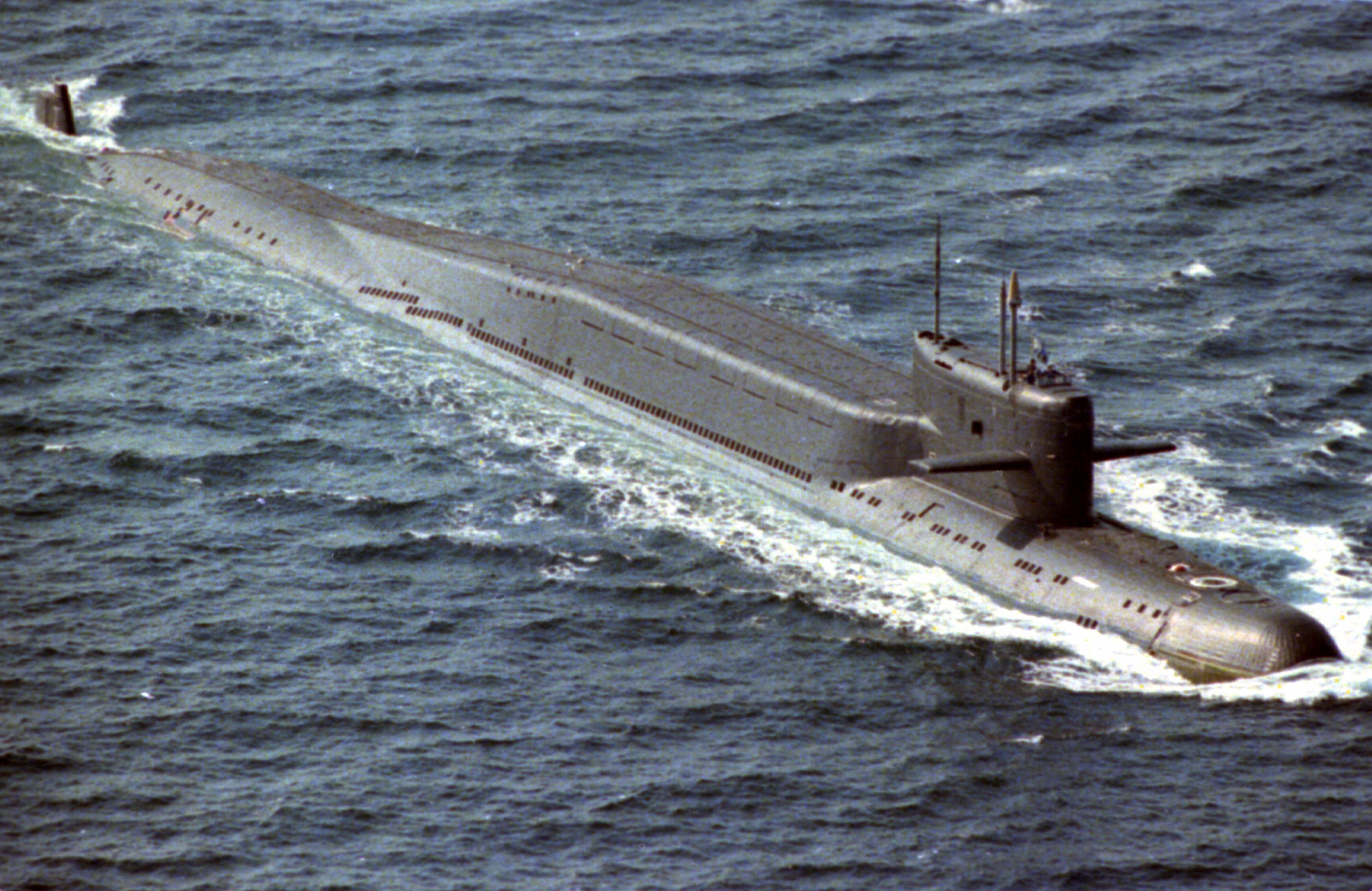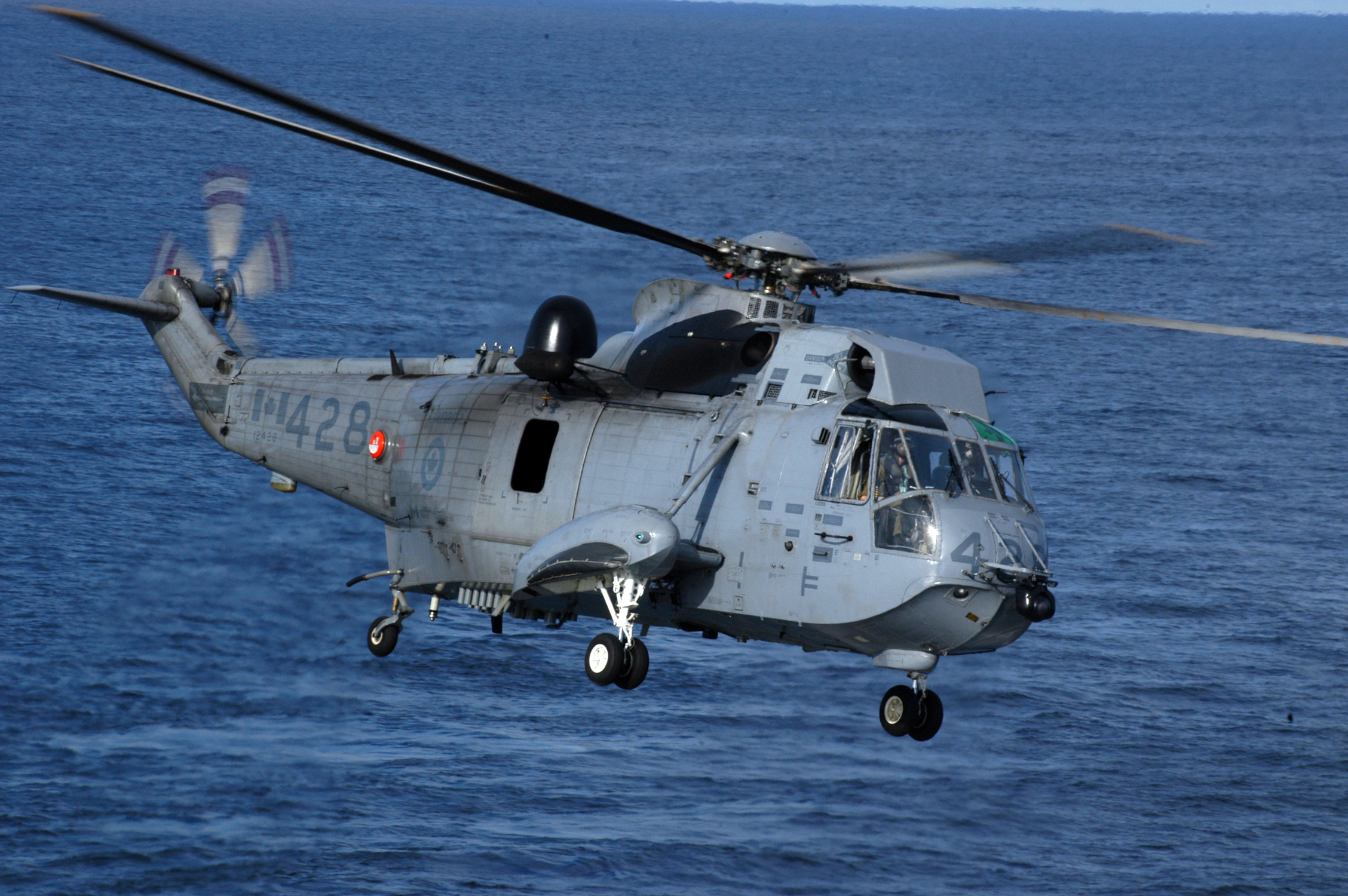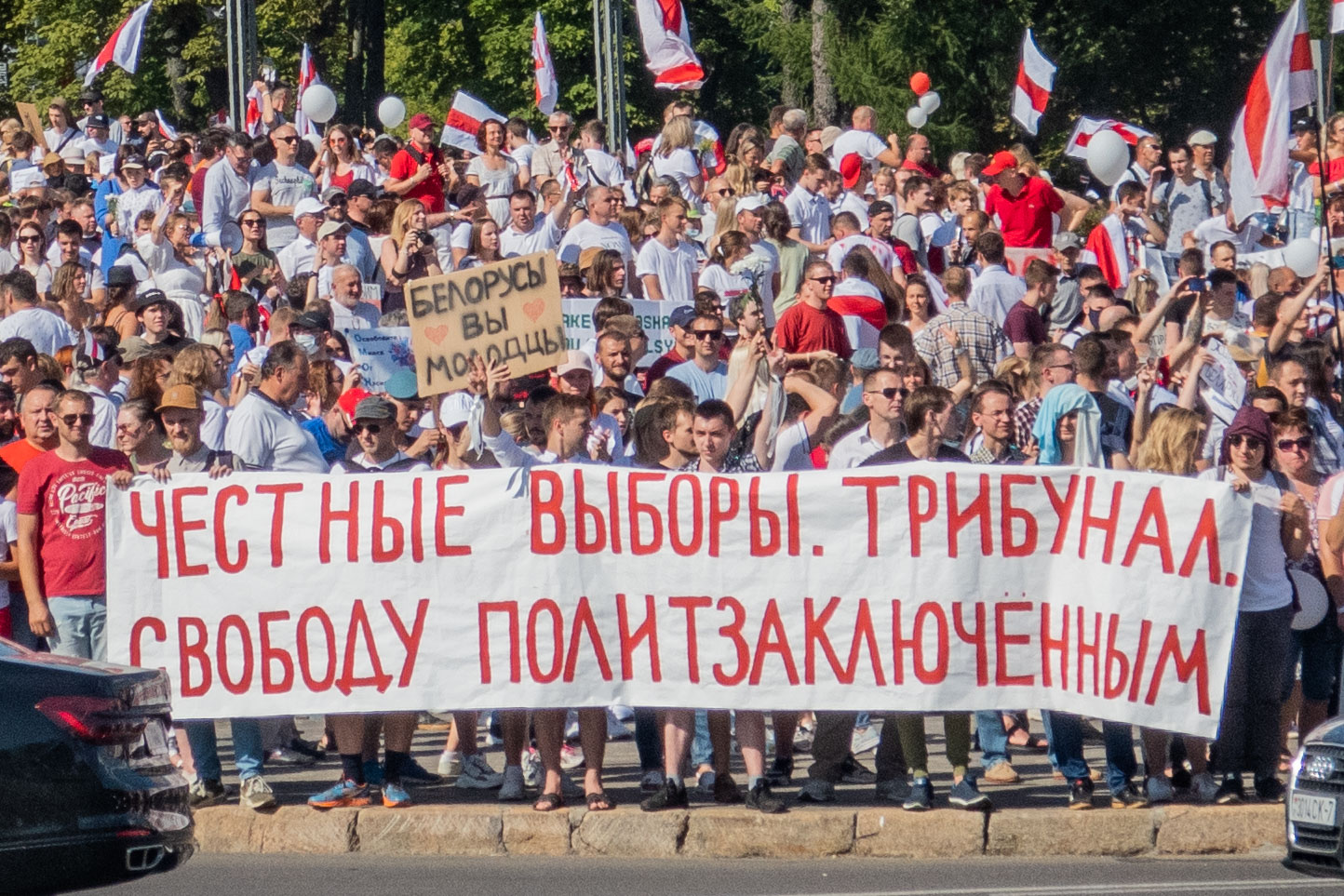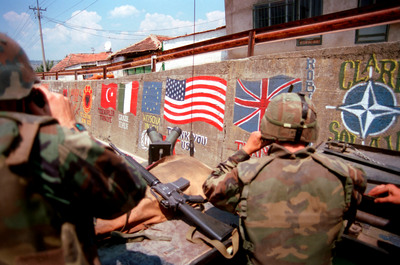Days after the Ukrainian Parliament voted in favour of taking steps towards joining NATO, Russian President Putin signed a new military doctrine that identifies NATO expansion as a key external risk to Russia’s national interests. In the update to the former 2010 doctrine, significant military threats include “a build up of NATO military potential … and the expansion of NATO’s military infrastructure to the Russian borders”. Although Ukraine is far from meeting the technical criteria for NATO accession, Moscow views NATO’s enhanced capabilities and enlargement as key military concerns.
 Of particular note to Canadian interests is the emphasis the doctrine places on defending Russian interests in the Arctic. Dmitry Kobylkin, governor of the Yamal-Nenets autonomous district in the Arctic, claims that “The Arctic will, for a long time, be the driver of economic growth in Russia; it will be the next space program for the country.” After all, The Yamal peninsula alone provides up to 85% of Russia’s gas output and 12% of crude oil.
Of particular note to Canadian interests is the emphasis the doctrine places on defending Russian interests in the Arctic. Dmitry Kobylkin, governor of the Yamal-Nenets autonomous district in the Arctic, claims that “The Arctic will, for a long time, be the driver of economic growth in Russia; it will be the next space program for the country.” After all, The Yamal peninsula alone provides up to 85% of Russia’s gas output and 12% of crude oil.
According to recent reports, Russia seeks to have 14 operational airfields in the Arctic by the end of 2015, bolstering the state’s claims in the Arctic region. However, the declining value of the ruble and falling oil prices jeopardize Russia’s stated goals of modernizing at least 70% of its conventional equipment and 85% of its strategic nuclear weapons by 2020. This, in turn, could hinder Moscow’s ambitious plans for Arctic development.
In the wake of the Ukraine crisis and worsening relations between Russia and the West, joint Arctic development programs with major oil companies have been significantly downsized. Even joint environmental exploration missions are undergoing significant cuts. Terry Callaghan, University of Sheffield’s Professor of Arctic Ecology and Head of the Interact Project which works on Russia-EU collaboration on research in the Arctic, revealed that the EU recently cut funding to the Russian segment of the project for 2015.
are undergoing significant cuts. Terry Callaghan, University of Sheffield’s Professor of Arctic Ecology and Head of the Interact Project which works on Russia-EU collaboration on research in the Arctic, revealed that the EU recently cut funding to the Russian segment of the project for 2015.
Former Russian Prime Minister and Foreign Minister Yevgeny Primakov suggested a temporary pause in the development of Arctic oil and gas fields. He made his views clear in a recent statement: “Arctic offshore oil production is only profitable at an oil price of US $100 to US $120 dollars per barrel. Is it really worth boosting oil production on the shelf under conditions such as now?”
For now, a weak currency and falling oil prices may mean Russia’s grand plans for Arctic development will be put on hold. However, it is clear that the question of Arctic sovereignty will be on the table for a long time to come. After all, Jane’s Defense Review has stated that “NATO recently warned that no other country has better prepared its forces for operations in the region” than has Russia.




